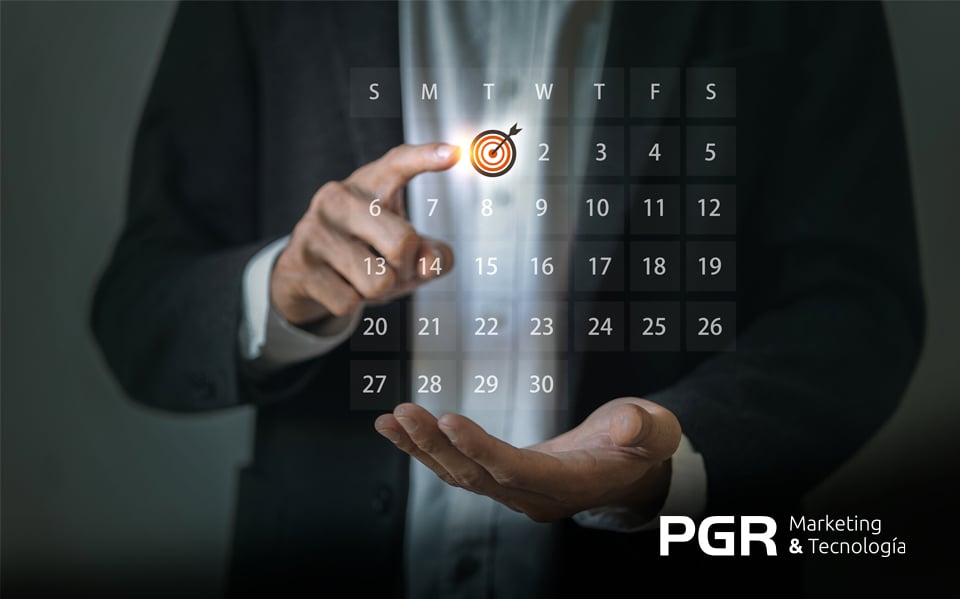
For far too long, B2B marketing has focused on generating leads, neglecting what truly matters: business impact.

In 2025, businesses face a complex landscape: consumers are saturated with messages and increasingly demand brand authenticity. In this context, two key marketing goals — lead generation and brand awareness — not only coexist, but must be integrated into a single strategy to maximise results.

The current B2B marketing landscape has shifted dramatically. In a setting where the sales cycle can last between 1 and 5 months (and even longer in industrial or tech sectors), generating quality leads is no longer just a competitive advantage—it’s a strategic necessity to maintain a steady pipeline of opportunities.

Although artificial intelligence (AI) has revolutionised many areas, there's one field where it still stumbles: turning data into understandable visuals. At first glance, it seems like a solved task. But behind every visualisation lies a deeper, still unresolved challenge: how to distil complex analytical processes into a single, clear, and effective instruction?

A study by Aberdeen Group concluded that companies using lead scoring techniques see a 77% increase in return on investment (ROI) in lead generation. This percentage shows just how important these marketing techniques are for businesses.